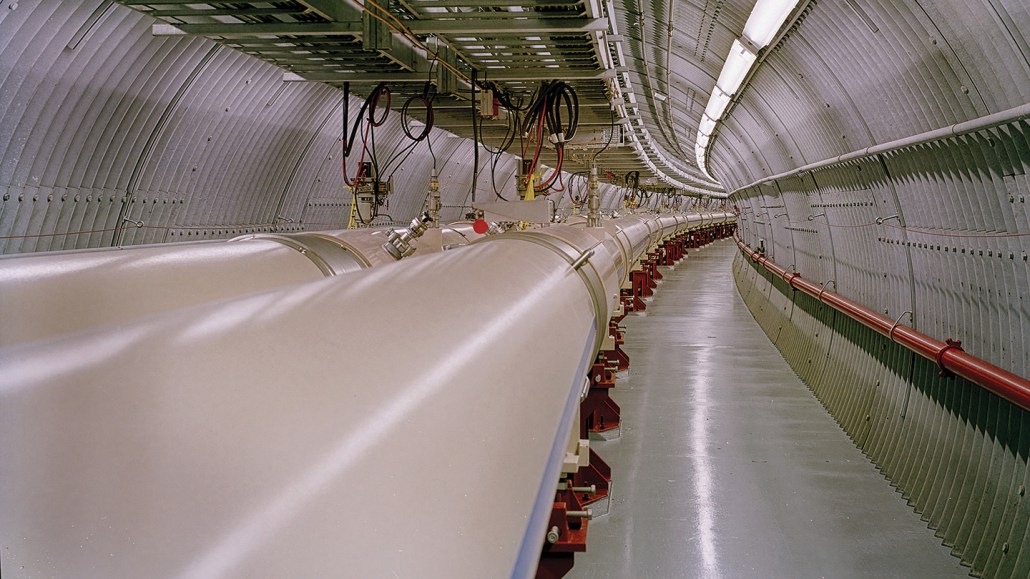
Physics
The only U.S. particle collider shuts down – so a new one may rise
The famed collider at Brookhaven National Laboratory has ended operations, but if all goes to plan, a new collider will rise from its ashes.
Every print subscription comes with full digital access

The famed collider at Brookhaven National Laboratory has ended operations, but if all goes to plan, a new collider will rise from its ashes.
We summarize the week's scientific breakthroughs every Thursday.

Cosmology and quantum physics both offer tantalizing possibilities that we inhabit just one reality among many. But testing that idea is challenging.
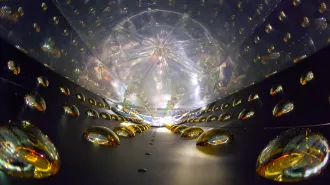
Neutrinos have kept scientists on their toes in the decades since they were discovered.
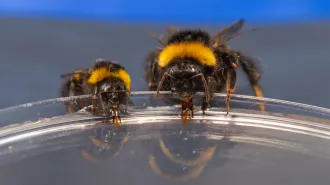
The density of fine hairs on bumblebees’ tongues determines how much nectar they can collect — and workers put queen bees to shame.
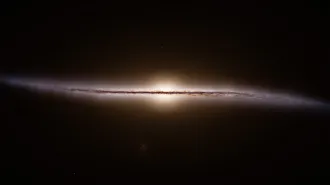
The subatomic particles are incredibly numerous. About 1,000 neutrinos from stars other than the sun pass through a thumbnail every second.
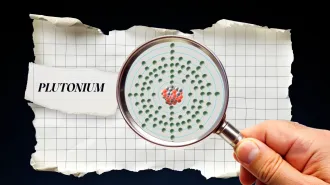
Nuclear weapons haven’t been tested in the United States since 1992. Find out why, and what could happen if the hiatus ends.
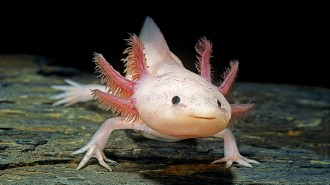
Amidst a tough year for science, glimmers of joy burst through in revelations from the silly to the sublime.

James Riordan’s new book will help readers wrap their heads around this mysterious, fundamental force of nature.
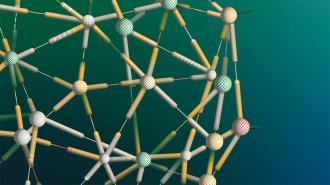
Machine learning techniques that make use of tensor networks could manipulate data more efficiently and help open the black box of AI models.
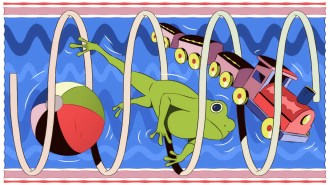
It’s possible to defy gravity using sound waves, magnets or electricity, but today’s methods can’t hoist heavy items high in the sky.
Subscribers, enter your e-mail address for full access to the Science News archives and digital editions.
Not a subscriber?
Become one now.